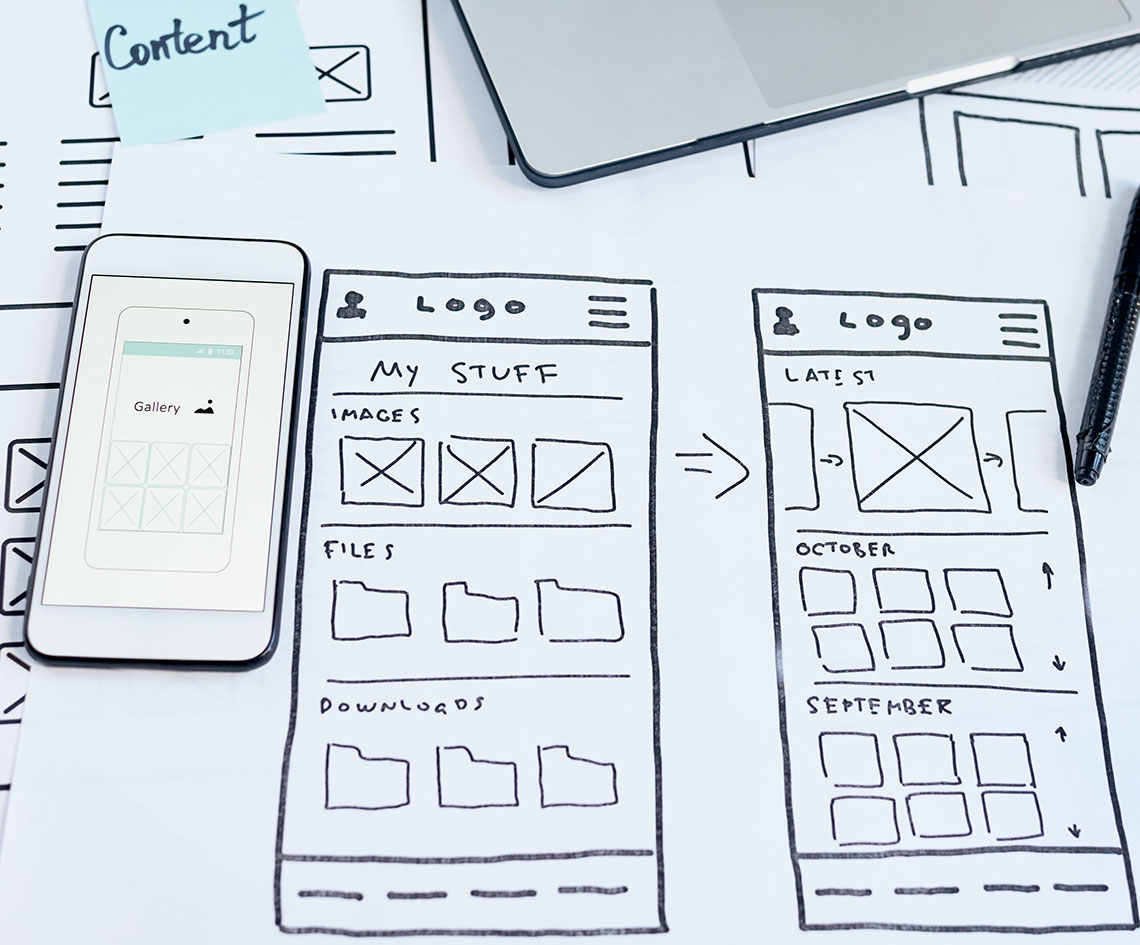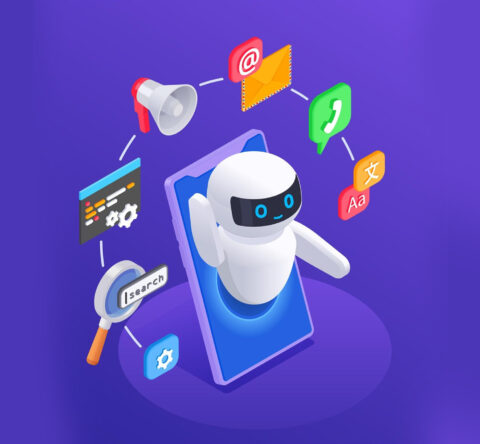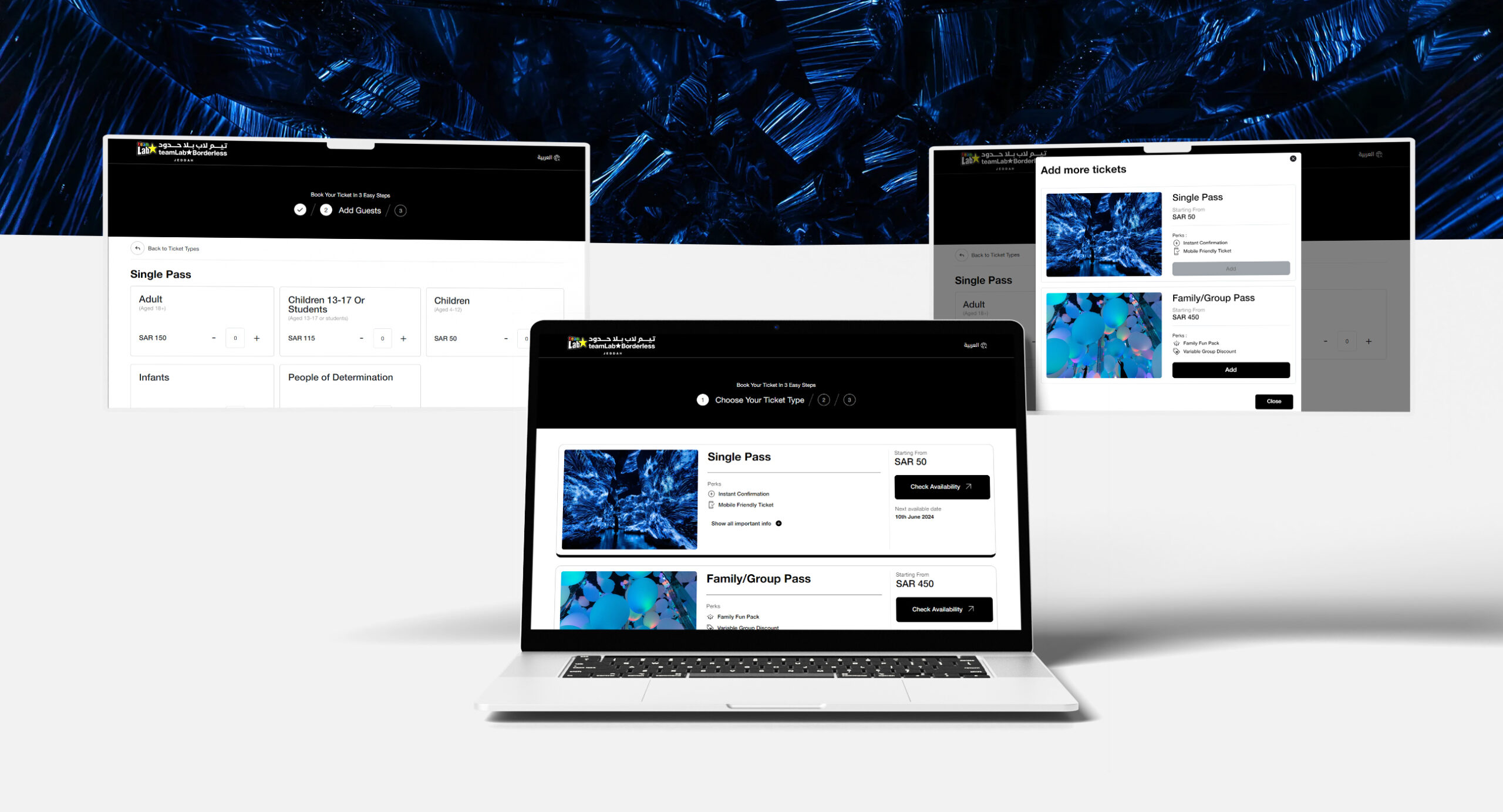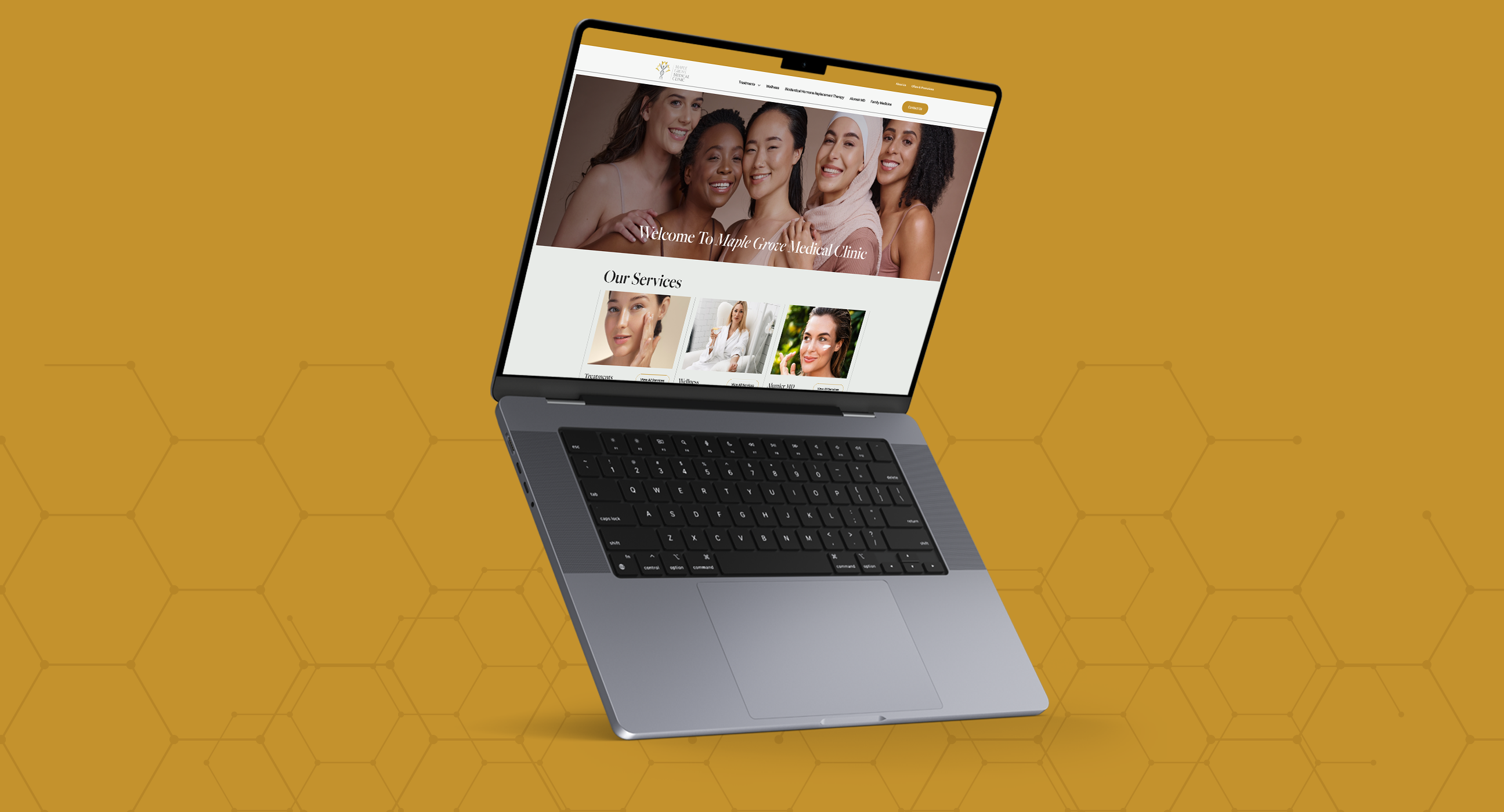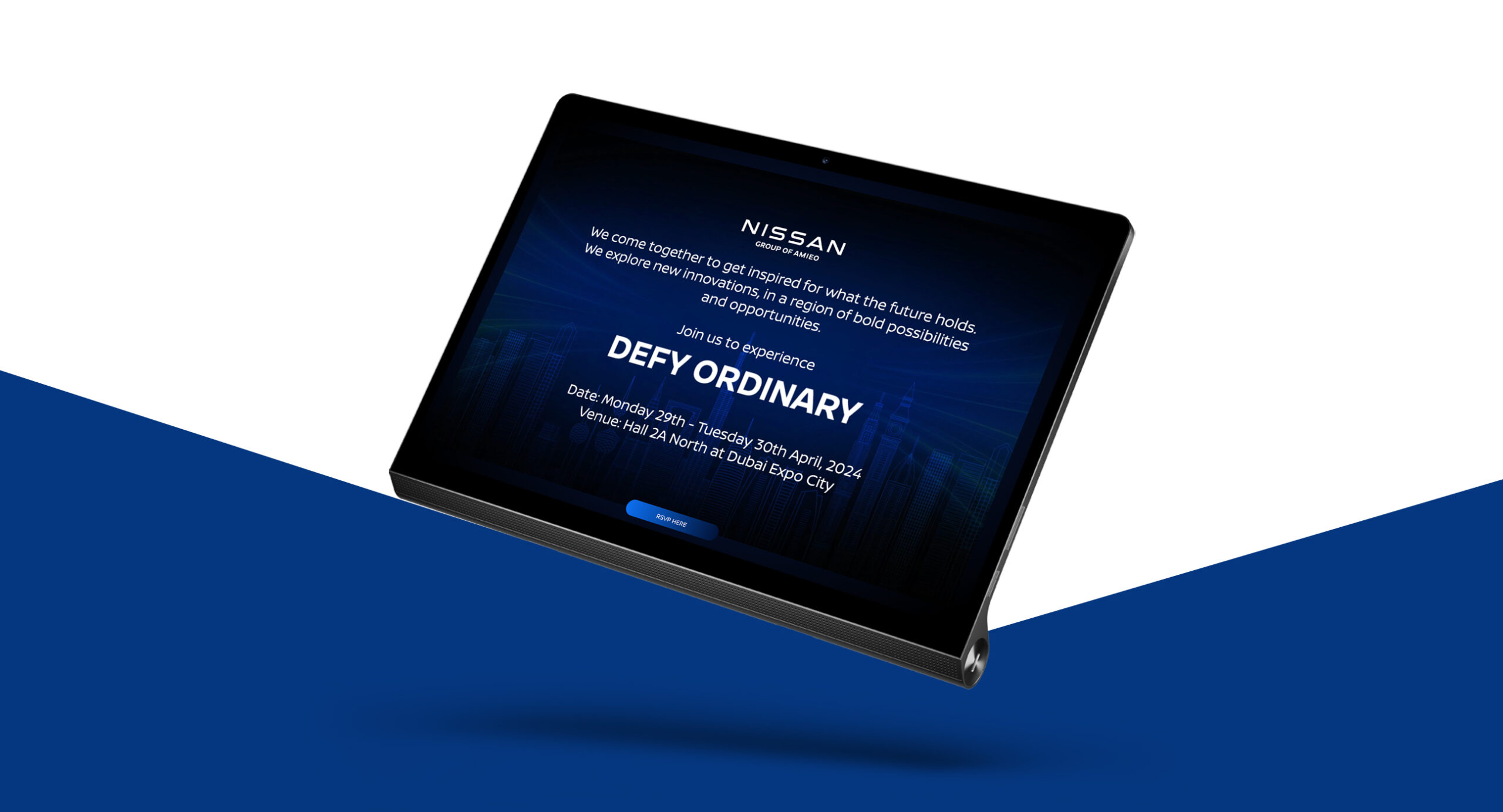Mobile Apps can be a powerful resource for your company, depending on how you choose to use them, they can be a tool for your employees to access information, or delivering content to your customers to deepen loyalty and increase brand awareness.
What is an enterprise app?
The term “Enterprise App” can be confusing. In the iOS community, it refers to any app developed and distributed internally and not via the iTunes AppStore. Apple requires you to register for a unique Developer license called an Enterprise Developer license to distribute the apps.
How do I get an Enterprise Developer Account?
You can register for an Enterprise Developer Account online. On registration, Apple requires that your company have a Dunn & Bradstreet number and provide documentation verifying that you represent that company. A company can typically have only one Enterprise Developer account, so its best to check if your company already has an Apple account. The approval process for your developer account can take anywhere from days to weeks, so it’s best to apply during the initial phases of the development of your app. The license costs $399/year.
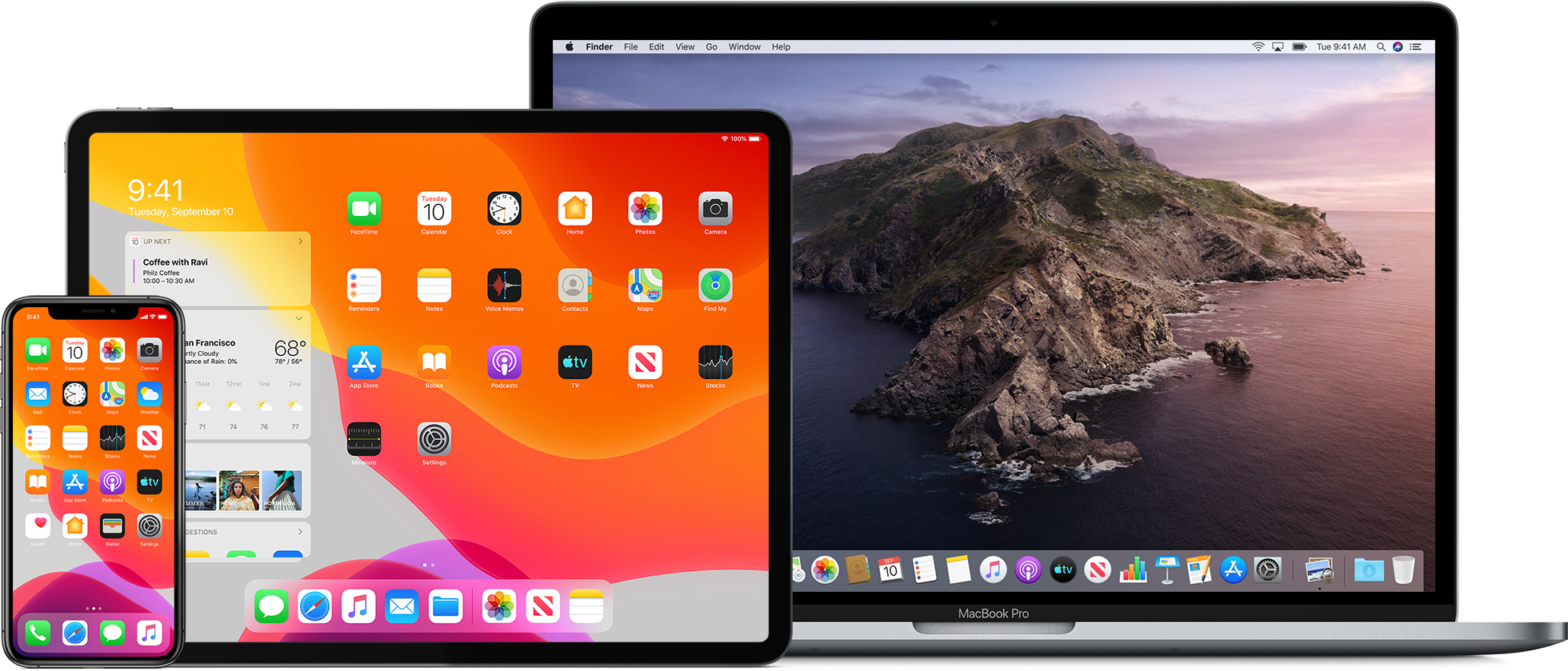
I’ve got my account. Now what?
It will function just like any other app—the difference being in distribution. An enterprise app can only be distributed internally within the bounds of your Apple terms of service.
Who am I allowed to distribute my app to?
iOS enterprise apps can only be distributed to employees of your company or members of your organization. You cannot distribute them to customers or clients. What happens if you cheat? Apple can pull your developer account and ban you from creating iOS apps.
So, how do I get my app onto my employees’ devices?
There are several ways to distribute an enterprise app. The app file (called a .ipa) has to be hosted somewhere. When users download it to their device, it has to come with a little file that tells the device it’s okay to install it. You do not need to register the devices beforehand. You can do something as simple as posting it on a page in your intranet or hosting it on Dropbox. What most companies do is use some kind of Mobile Device Management (MDM) service. These are third party solutions that help you manage your employees’ devices, doing everything from remotely controlling settings to remote installing and uninstalling apps.
What about Android?
iOS apps can only be distributed one of two ways: to everyone via the iTunes app store or only internally via the enterprise developer license. Android apps, on the other hand, can be distributed however you like. Android devices can install apps by downloading the APK directly from a web site or attached to an email. Google also offers private distribution via the Google Play app store which can be set up through an app portal that only your company can see. Learn more about Google Play private distribution.
Related Post
Publications, Insights & News from GTECH


